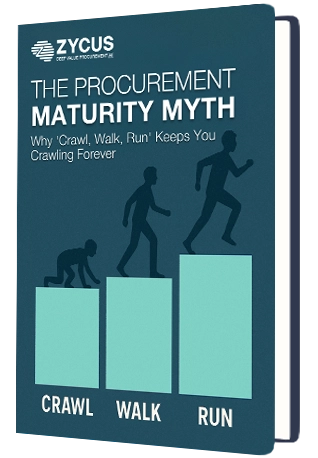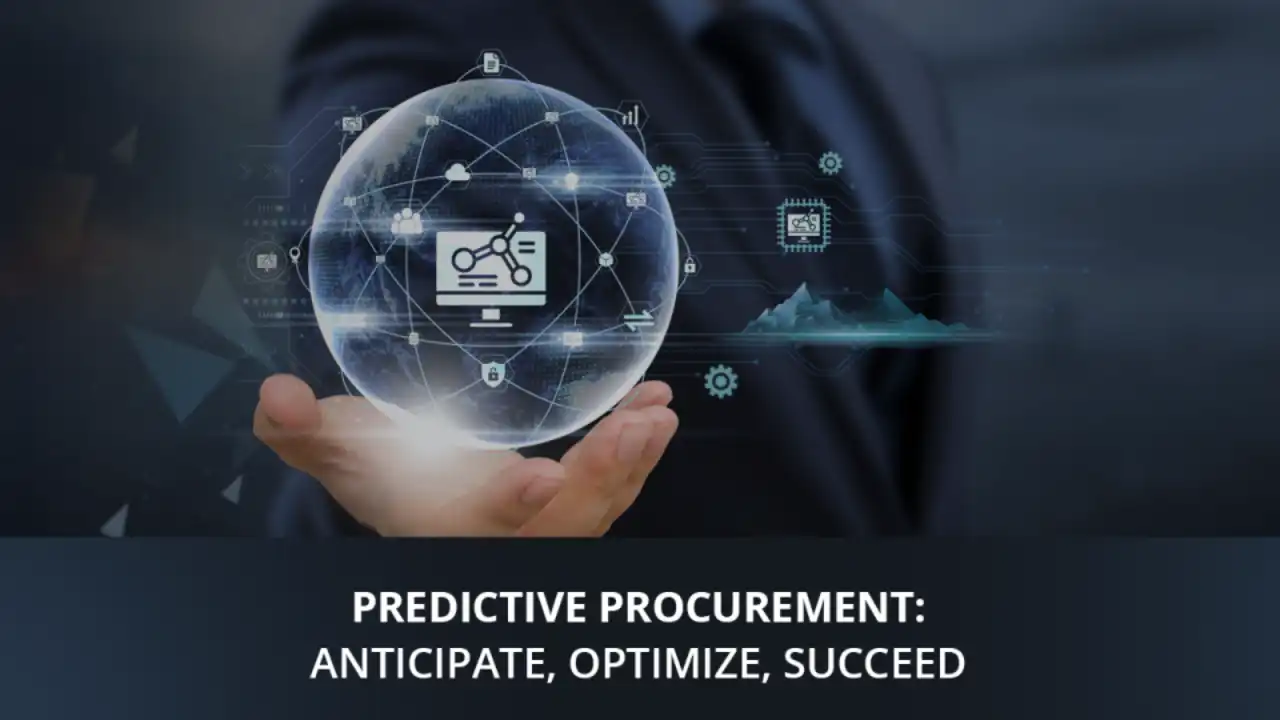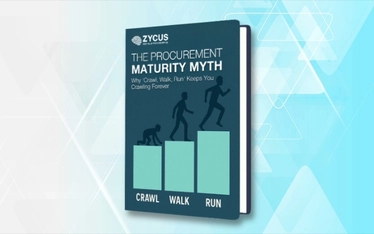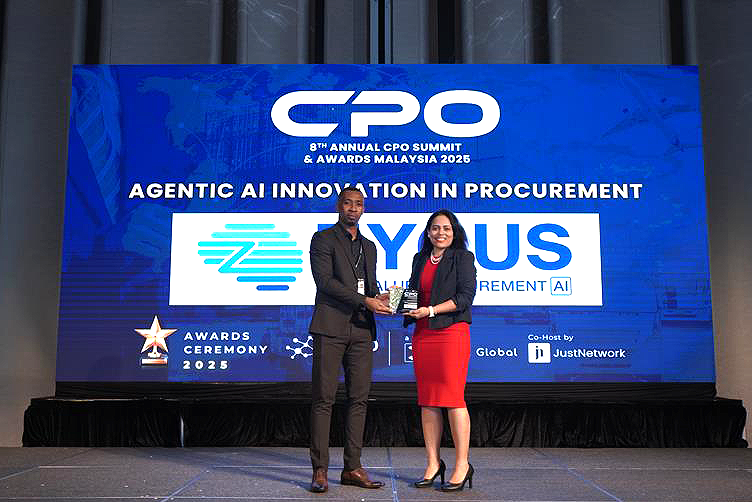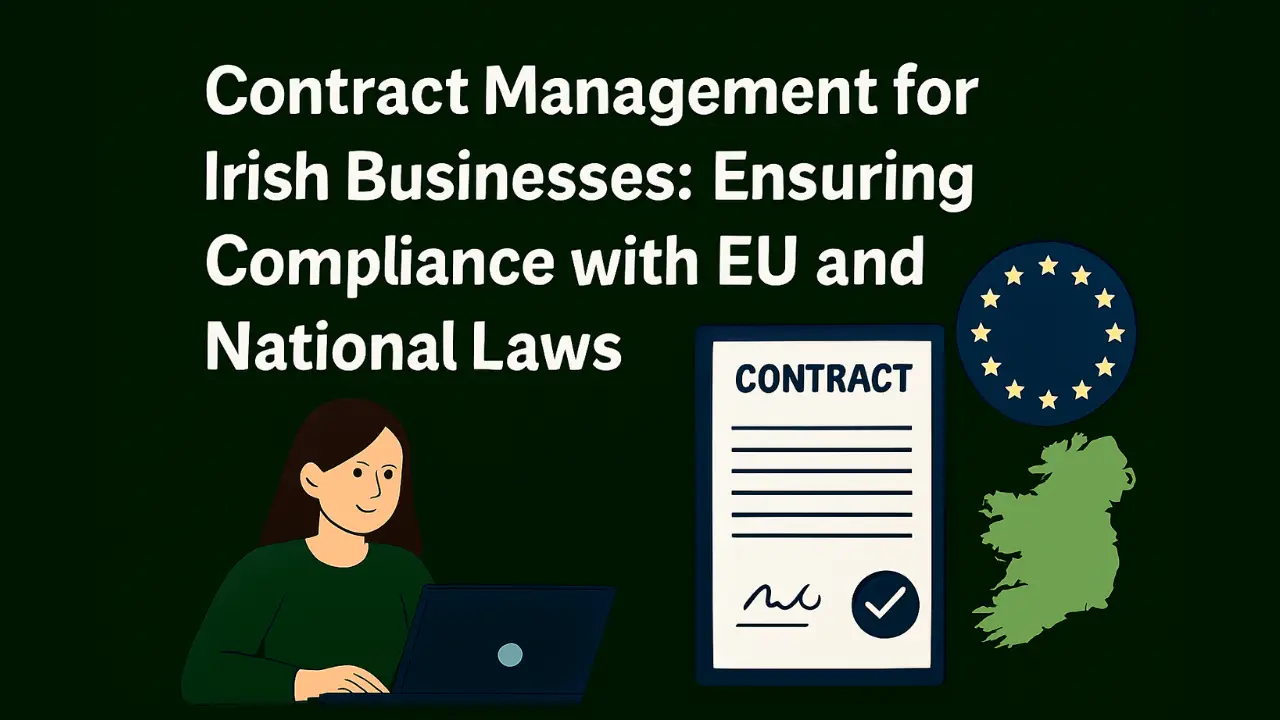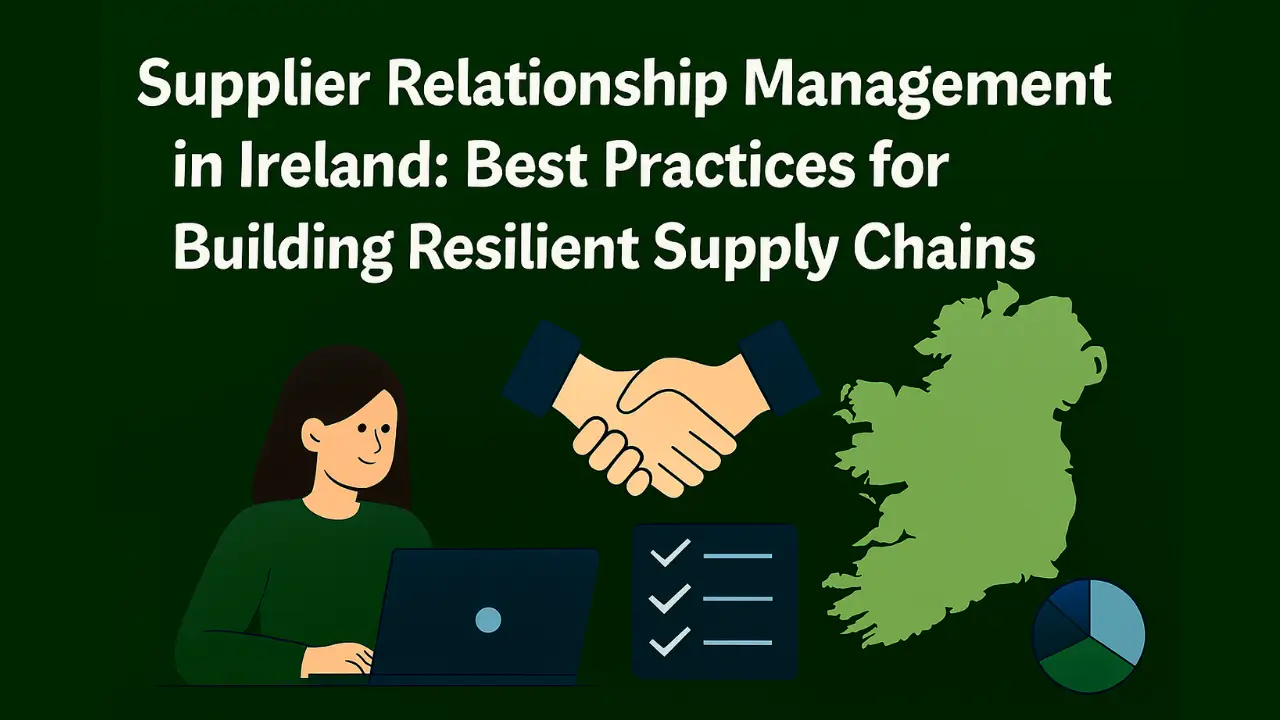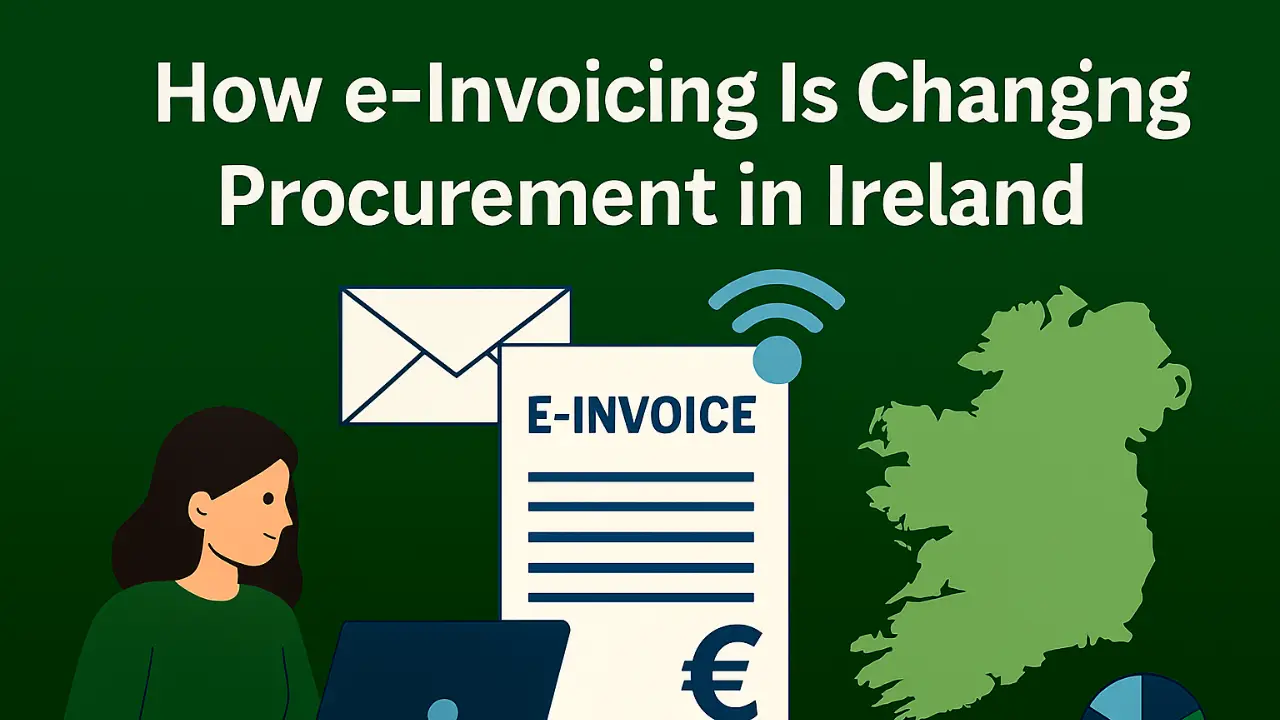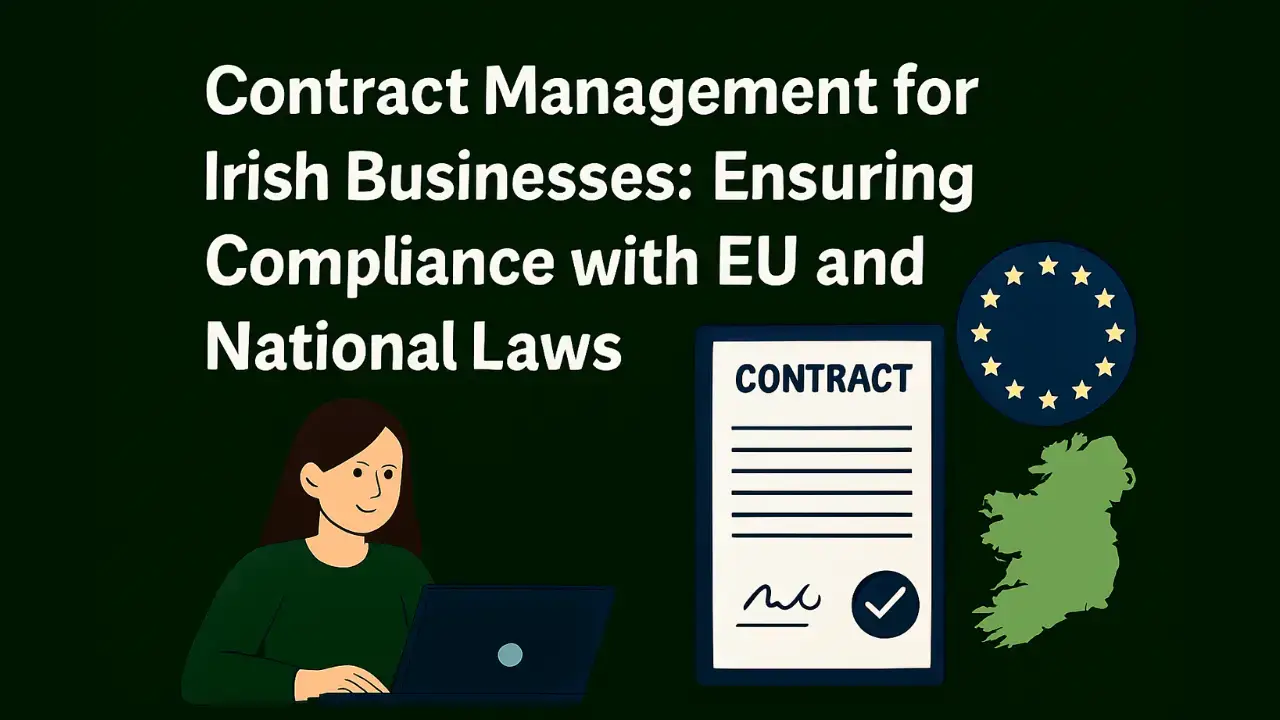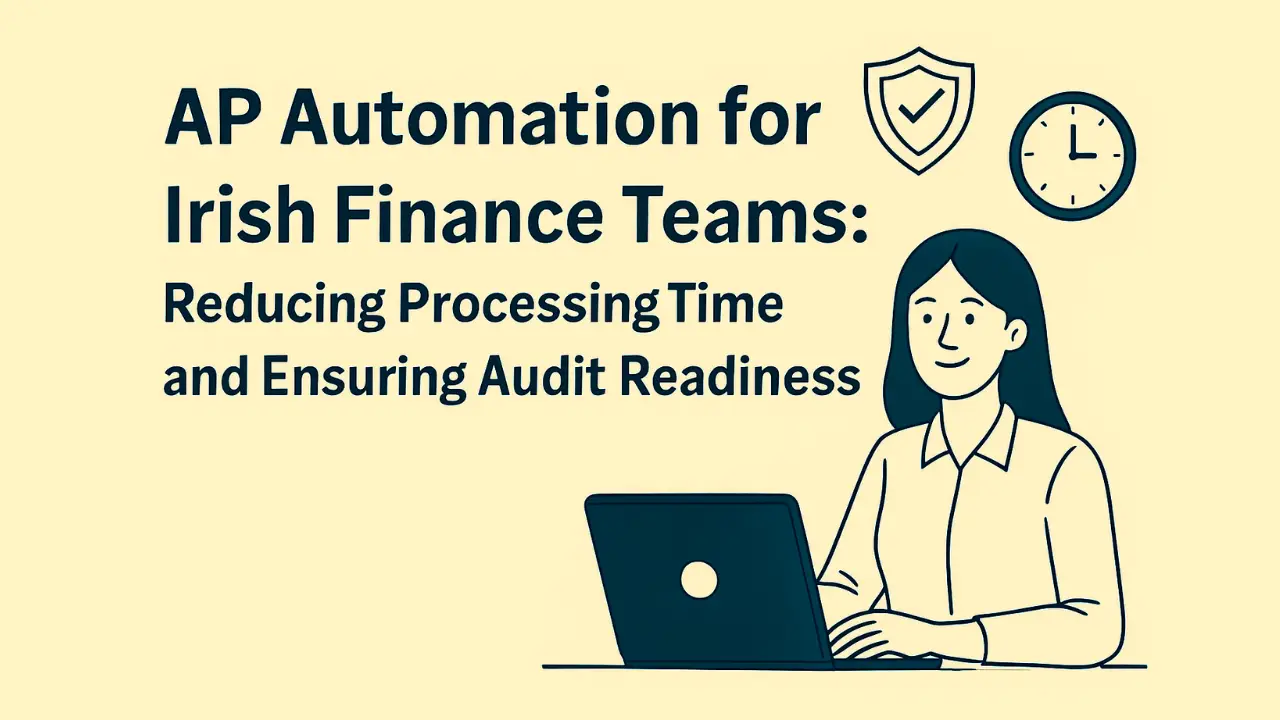TL;DR
- Procurement Challenge: Traditional procurement reacts to issues after they happen, leading to higher costs and disruptions.
- AI’s Role: Predictive procurement analytics use machine learning to forecast spend, detect supplier risks, and anticipate price changes.
- Zycus Advantage: Zycus’s AI-powered Source-to-Pay platform helps procurement teams make proactive, data-driven decisions.
- External Insight: According to McKinsey, predictive analytics can lower procurement costs by up to 15% and improve spend visibility by 35%.
- Business Value: Enterprises gain agility, cost efficiency, and better supplier collaboration.
- Next Step: Learn how Zycus AI helps transform procurement.
What is Predictive Procurement?
Predictive procurement is the use of AI and analytics to forecast spend, risks, and supplier behavior. It helps organizations make decisions before problems occur, not after.
Traditional procurement often relies on static reports or past data. Predictive procurement, on the other hand, uses machine learning models to forecast what might happen next.
For example, if AI identifies that steel prices are likely to rise or a supplier’s delivery rates are falling, it alerts the procurement team in advance. This allows buyers to negotiate early or look for alternative suppliers.
Zycus’s Cognitive Source-to-Pay solution brings this predictive power to every step of the procurement cycle.
What Kind of Data is Needed for Predictive Procurement?
Predictive procurement depends on clean and connected data. AI models use both internal business data and external market signals to make accurate forecasts.
Key Data Sources That Drive Predictive Procurement
| Data Type | Examples | Why It Matters |
| Internal Spend Data | Purchase orders, invoices, budgets | Helps identify spending patterns |
| Supplier Data | On-time delivery, quality performance | Detects potential supplier issues early |
| Market Data | Commodity prices, inflation, FX rates | Predicts future price changes |
| Contract Data | Renewal terms, compliance clauses | Avoids unplanned spend or renewals |
| External Insights | ESG scores, news, geopolitical risk | Flags high-risk suppliers |
Gartner estimates that by 2026, 60% of procurement teams will use predictive analytics to cut supply disruptions by half.
Predictive AI continuously learns from new data. The more data it processes, the smarter and more accurate its forecasts become.
How Does AI Use Predictive Analytics to Forecast Spend?
AI spend forecasting helps predict future procurement costs more accurately. It goes beyond simple budgeting and identifies why and where spend may increase.
AI uses time-series analysis, regression models, and neural networks to study spending behavior, supplier trends, and external cost factors.
AI Forecasts Based On:
- Historical purchasing trends
- Supplier payment cycles
- Seasonal demand fluctuations
- Market and inflation data
Zycus’s AI Spend Analysis platform enables this predictive view. It can highlight spending anomalies, detect early cost overruns, and suggest where savings can be made.
Example:
A global pharmaceutical company used Zycus’s AI spend forecasting to combine data from over 40 countries. The company improved forecast accuracy by 28% and saved $12 million annually.
Read the success story.
How Can AI Predict Supplier Risks Before They Affect You?
Suppliers are at the heart of procurement. Yet, supplier risks—such as delays, compliance issues, or financial distress—often catch organizations off guard.
Predictive AI changes that. It continuously monitors supplier data and external feeds to identify early signs of trouble.
How predictive supplier risk works:
- Tracks supplier performance and payment trends
- Monitors external data like credit ratings or ESG scores
- Scores suppliers based on overall risk level
- Alerts procurement teams when risks rise
Zycus’s Supplier Risk Monitor helps companies take proactive measures. For example, a consumer goods brand used it to detect potential compliance issues in Tier-2 suppliers and avoided a $5 million fine.
How Can Predictive Procurement Identify Price and Demand Changes?
Markets are always shifting. Commodity prices, currency values, and customer demand fluctuate constantly.
Predictive procurement tools read these signals to anticipate changes before they impact cost or supply.
What Predictive AI Tracks:
- Forecast price trends for key commodities
- Predict seasonal demand spikes
- Recommend when to buy or renegotiate contracts
According to Bain & Company, companies using predictive analytics for pricing see 20–25% improvements in sourcing efficiency.
Zycus’s Merlin AI Suite uses these insights to help procurement teams act quickly, make better timing decisions, and improve profitability.
Which Zycus Tools Help Enable Predictive Procurement?
Zycus brings predictive procurement to life through a range of AI-powered tools that simplify data, automation, and decision-making.
| Zycus Solution | Key Predictive Feature | Business Outcome |
| Cognitive Source-to-Pay | Combines spend, sourcing, and contract analytics | Real-time predictive insights |
| Merlin AI Suite | Learns from trends and behavior | 30% faster sourcing cycle |
| Payments & Discounting Datasheet | Optimizes payment timing and discounts | Stronger cash flow |
| Supplier Risk Monitor | Predicts supplier disruptions and compliance issues | Reduced operational risk |
In Action:
Constellation Brands used Zycus’s predictive AI to improve service procurement efficiency by 35%.
Watch the video testimonial
What ROI Can Predictive Procurement Deliver to Organizations?
Predictive procurement delivers measurable returns in cost, speed, and risk control.
ROI Snapshot
| Area | Impact |
| Cost Savings | 10–15% reduction through smarter sourcing |
| Process Efficiency | 25–40% faster sourcing cycle times |
| Risk Management | 50% fewer supplier disruptions |
| Forecast Accuracy | 35% better spend prediction accuracy |
Beyond numbers, predictive procurement also improves stakeholder confidence. With reliable forecasts, procurement becomes a trusted advisor to finance and strategy teams.
Zycus also ensures responsible AI adoption through its AI Governance Framework, which emphasizes transparency, ethics, and compliance.
What Steps Should You Take to Start Predictive Procurement?
Here’s how to start your predictive procurement journey:
- Assess your data – identify key spend and supplier sources.
- Adopt AI tools – begin with Zycus’s Merlin AI Suite for predictive analytics.
- Build dashboards – track real-time spend, risk, and supplier insights.
- Expand gradually – apply predictive models across business categories.
FAQs
Q1. How does predictive AI help reduce procurement costs?
AI helps identify cost-saving opportunities before they are missed. It forecasts spend, flags potential overspending, and recommends better sourcing or contract decisions.
Q2. What kind of data powers predictive procurement?
It uses internal data such as spend and supplier records, combined with external data like market indices, ESG scores, and risk alerts.
Q3. How accurate is AI in predicting spend?
With continuous learning and clean data, AI models can reach up to 90% accuracy in forecasting future spend and trends.
Q4. How can predictive procurement improve supplier relationships?
By giving both buyers and suppliers visibility into future demand, it encourages collaboration and helps prevent last-minute surprises.
Q5. What is predictive analytics in simple terms?
It’s a method of using data, statistics, and AI to forecast what’s likely to happen next. Example: predicting supplier delays based on past performance.
Q6. How is AI used in procurement?
AI automates repetitive tasks, classifies spend, forecasts demand, predicts supplier risks, and provides data-driven recommendations for sourcing and negotiation.
Q7. What’s the ROI of predictive procurement?
According to McKinsey, predictive procurement can reduce costs by 10–15% and improve operational efficiency by 25–40%.
Related Reads:
- Harnessing Predictive Analytics for Precision-Driven Procurement
- Enhancing Supply Chain Resilience with Predictive Procurement Orchestration
- Procurement Analytics: A Complete Guide for Enterprises
- Procurement Forecasting for Emerging Enterprises: Using Machine Learning to Anticipate Costs
- eBook: Revolutionary Transformative Impact of AI on Procurement
- eBook: Business Case for AI in Procurement | Download eBook


















































